The Department of Preventive Medicine, Ministry of Health has just issued a document guiding the determination of demand and planning of vaccine supply in expanded immunization.
The Ministry of Health adds subjects, vaccination schedules and some new vaccines to the expanded immunization program.
Accordingly, the subjects and mandatory vaccination schedules in the expanded immunization program include: Hepatitis B vaccination for newborns;
Vaccination with BCG (tuberculosis), bOPV (polio), DPT-VGB-Hib (combined vaccine to prevent 5 diseases: diphtheria, whooping cough, tetanus, hepatitis B, pneumonia/meningitis caused by Hib bacteria, IPV (inactivated vaccine to prevent polio), measles for children under 1 year old;
Japanese encephalitis B vaccine for children aged 1-5 years; measles-rubella, DPT (diphtheria, whooping cough, tetanus) vaccine for children aged 18-24 months; tetanus vaccine for pregnant women.
In addition, the Department of Preventive Medicine also has a vaccination schedule for other vaccines to be included in the expanded immunization program in the coming time, including:
Children under or over 1 year old: 2nd dose of IPV vaccine. This vaccine continues to be administered free of charge to children from 9 months old nationwide under a project supported by GAVI.
Children aged 7: Diphtheria and tetanus vaccination will be implemented for children aged 7 and above in high-risk areas as proposed by provinces and cities.
Children under 1 year old: Rota vaccine.
Vaccines are introduced based on recommendations from the World Health Organization (WHO), the Ministry of Health's Vaccine Advisory Council, and the epidemiological situation of infectious diseases in Vietnam.
A recent report by the United Nations Children's Fund (UNICEF) shows that 67 million children globally, including nearly 250,000 Vietnamese children, missed one or more doses of vaccine during more than three years of the Covid-19 pandemic due to disruptions in immunization services due to overburdened health systems, scarce and fragmented resources, conflict and vulnerability, and a decline in public confidence in vaccination.
Specifically, the data shows that the rate of unvaccinated children in urban areas is about 1.5 times higher than that of children living in rural areas (6.3% - 4.2%), while the rate in the poorest households is nearly twice as high as that in the richest households (13.5% - 6.6%).
Ms. Lesley Miller, Deputy Representative of UNICEF in Vietnam, said that when the pandemic broke out, child vaccination activities were disrupted in most countries, including Vietnam.
In particular, due to increased demand on the health system, the diversion of regular vaccination resources to Covid-19 vaccination campaigns, shortages of health workers and implementation of home isolation measures.
Another reason is the current delay in vaccine procurement. UNICEF is very concerned about the potential for outbreaks of vaccine-preventable diseases, especially measles.
Children born just before or during the pandemic are now entering the usual age range of being vaccinated.
This shows the need for swift, urgent action to promptly vaccinate under-immunized children and prevent outbreaks of potentially deadly diseases.
The UNICEF report also found that public awareness of the importance of childhood vaccinations has declined in 52 of the 55 countries studied during the Covid-19 pandemic. Confidence in vaccinations varies over time.
However, the report also warned that several factors occurring together could increase vaccine hesitancy.
These factors include uncertainty about the pandemic response, increased exposure to misinformation, declining trust in professional expertise, and political polarization.
To get all children vaccinated, it is vital to strengthen primary health care and provide frontline workers, most of whom are women, with the resources and support they need.
UNICEF's report shows that women are the frontline vaccination force, but they often receive low wages, informal jobs, lack formal professional training, have few career development opportunities, and also face safety threats.
To address the child survival crisis, UNICEF is calling on governments to increase their commitment to increase financial resources for immunization and work with stakeholders to harness available resources, urgently implement and accelerate immunization efforts to protect children and prevent disease outbreaks.
The report calls on governments to rapidly identify and reach all children, especially those who are unvaccinated, during the Covid-19 pandemic.
Increase demand for immunization, including building public confidence. Prioritize budgets for immunization and primary health care services.
Building resilient health systems, through investing in female health workers, innovation and domestic manufacturing.
According to Ms. Lesley Miller, Deputy Representative of UNICEF in Vietnam, Vietnam's experience in successfully implementing the largest mass vaccination campaign against the Covid-19 epidemic has created a good foundation for Vietnam to quickly resolve the current slow vaccine supply situation and quickly provide additional vaccinations to unvaccinated children.
“Routine immunization and strong health systems are the best ways to prevent unnecessary loss of life and death, and to prevent future pandemics,” said Lesley Miller.
Source baodautu
Source link


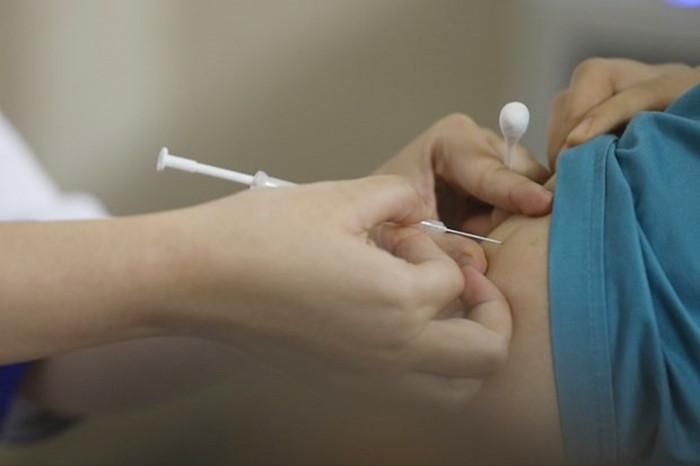






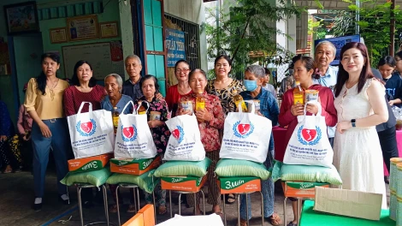

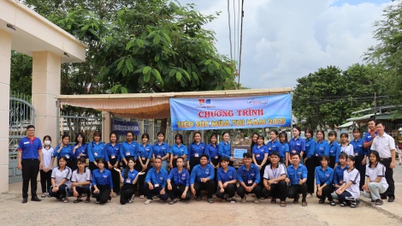

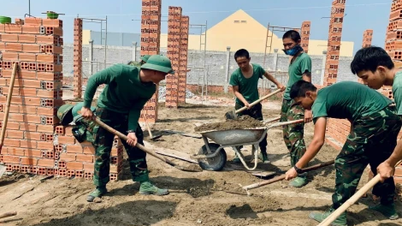
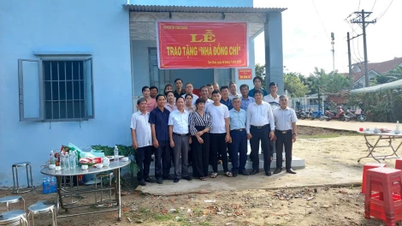





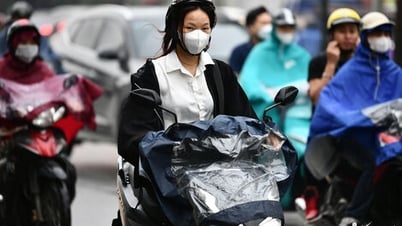
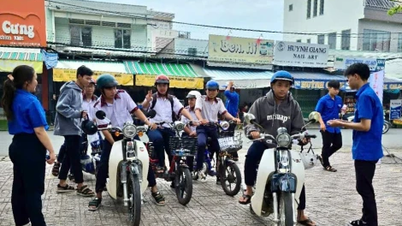
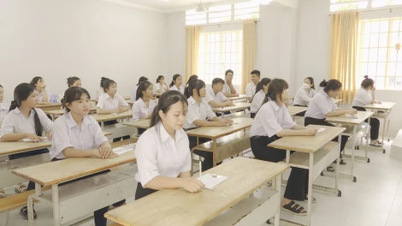
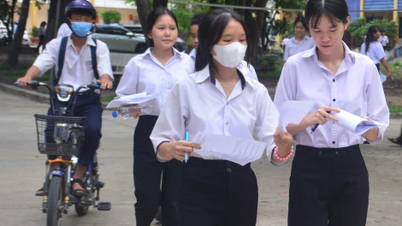




































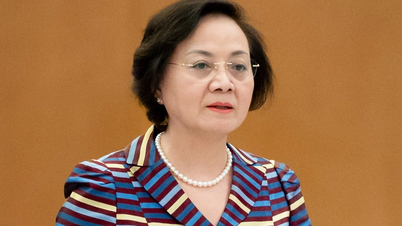


































Comment (0)